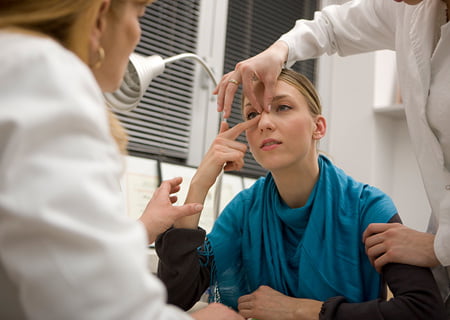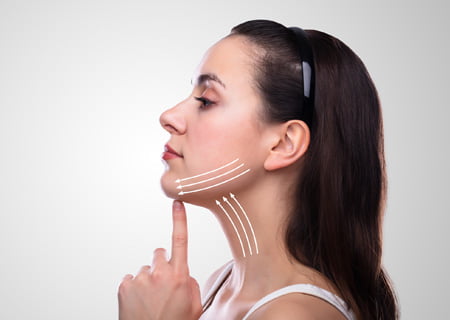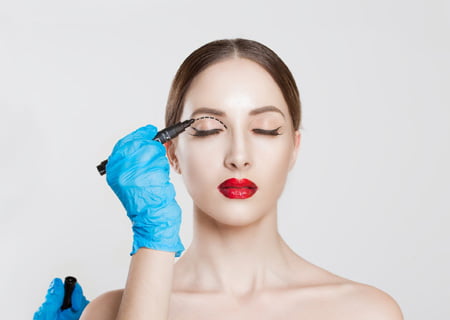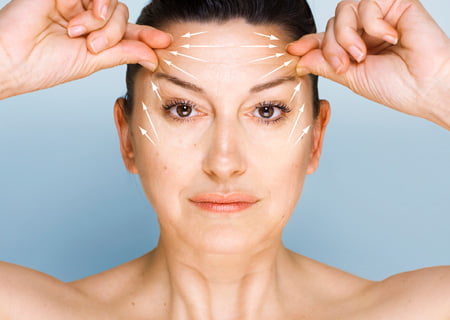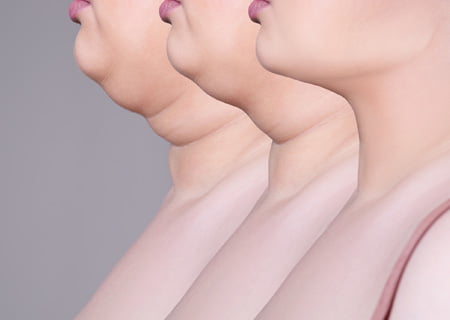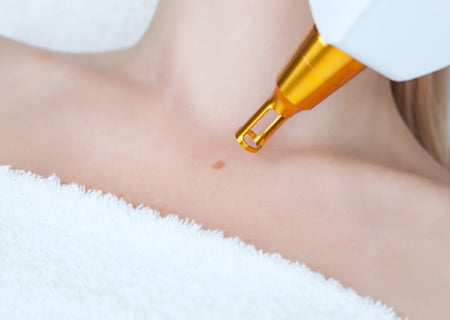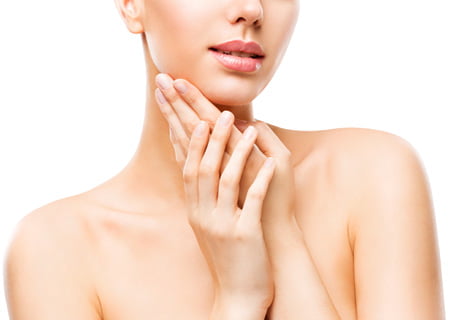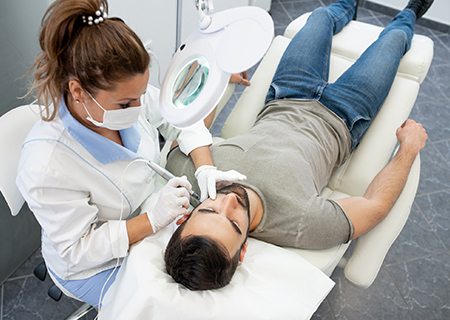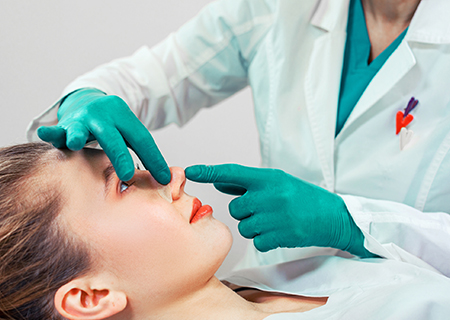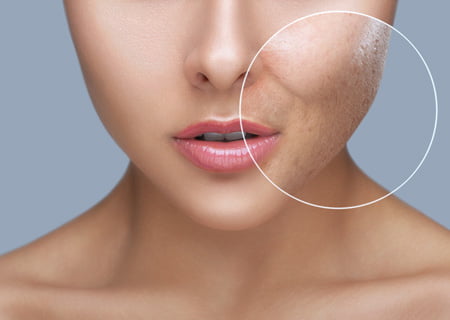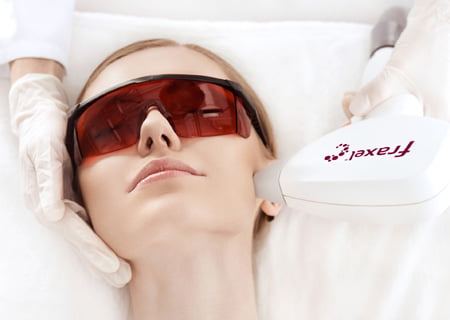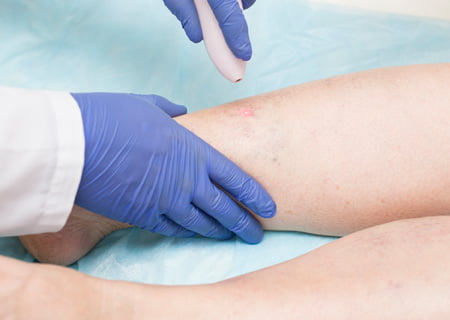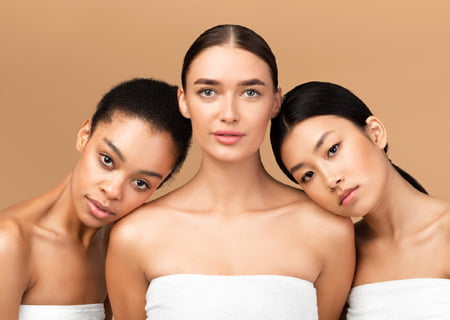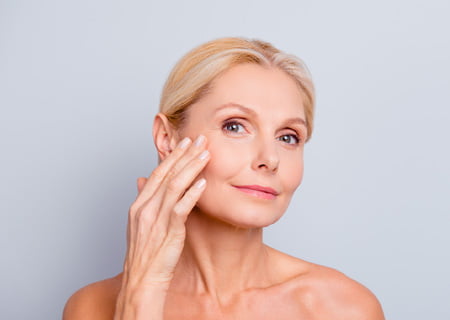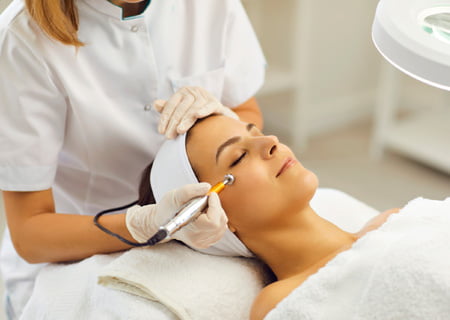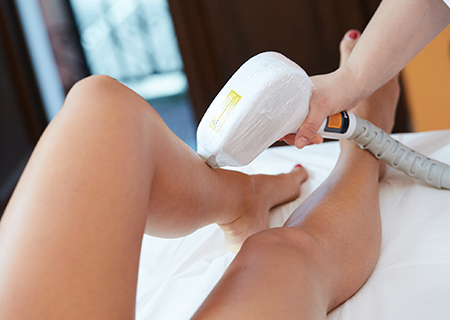Cultural and Social Aspects of Cosmetic Surgery
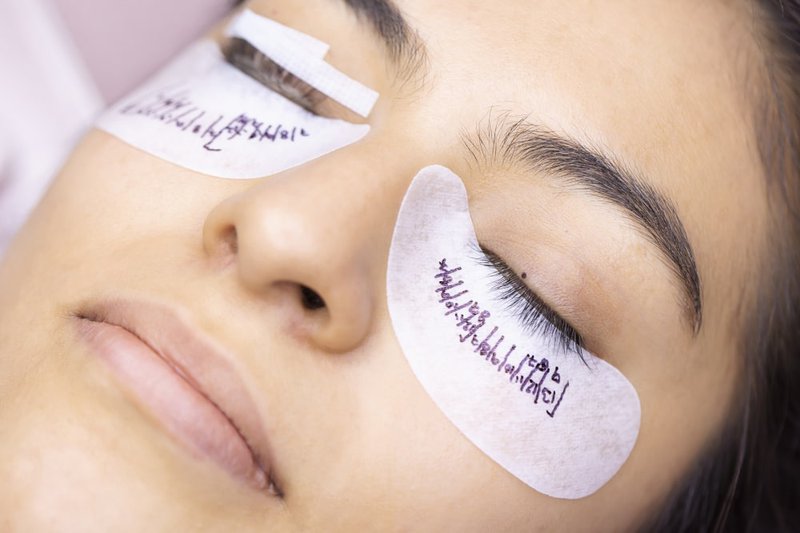
In today's world, the quest for physical perfection has reached unprecedented levels. As a result, cosmetic surgery has witnessed remarkable growth, with a global surge in individuals opting for surgical procedures to attain their desired aesthetic appearance.
Amidst this phenomenon, it is essential to acknowledge the profound impact of cultural norms and societal pressures on the increasing popularity of cosmetic surgery.
The Cross-Cultural Pursuit of Beauty
The notion of beauty is deeply embedded in human culture, and definitions of beauty differ markedly across various societies and eras. These cultural ideals of beauty hold significant sway in shaping individuals' aspirations for cosmetic surgery.
Take South Korea, for instance, a nation often regarded as a hub for cosmetic surgery. Here, a prevailing cultural emphasis on "Korean beauty" fosters a desire for features such as a V-shaped jawline, a prominent nose bridge, and wide, expressive eyes. Many South Koreans seek surgical procedures, influenced by societal expectations and the belief that aligning with these beauty standards will enhance their social and professional prospects.
Similarly, in Brazil, known for its beach-centric culture and body-conscious society, procedures like breast augmentation and liposuction are commonplace among both men and women. The Brazilian ideal of beauty celebrates a toned and curvaceous physique, prompting individuals to opt for these surgeries to adhere to societal norms.
However, it's crucial to recognize that cultural ideals of beauty are not confined to specific regions or nations. The globalization of media and the beauty industry has spread Western beauty standards, characterized by flawless skin, and facial symmetry, worldwide. This global influence shapes beauty ideals in diverse cultures, compelling individuals from various backgrounds to seek cosmetic surgery to conform to these Westernized norms.
The Sway of Media and Celebrity Culture
Media, encompassing television, film, and social platforms, plays a pivotal role in shaping societal perceptions of beauty. Celebrities, in particular, wield substantial influence over how beauty is perceived and how far individuals are willing to go to attain it. The unattainable beauty standards set by celebrities and social medial filters / photo editing often propel people towards cosmetic surgery.
Celebrities, with their meticulously crafted public images and access to top-tier cosmetic procedures, project a distorted reality. These images are frequently enhanced on social medial sites through retouching and filters, creating unrealistic expectations. Consequently, individuals often compare themselves to these idealized images, succumbing to pressure to undergo cosmetic surgery in pursuit of similar beauty standards.
For example, the "Kardashian effect" is widely discussed in popular culture. The Kardashian family's fame and their carefully curated appearances have fueled interest in procedures like lip fillers, buttock augmentation, and facial contouring. Young women, in particular, are influenced by the Kardashians, striving to emulate their appearance through cosmetic enhancements.
The Power of Peer Pressure and Social Validation
Peer pressure and the yearning for social validation serve as potent motivators for individuals contemplating cosmetic surgery. In a world where appearance is often equated with self-worth, individuals may feel compelled to undergo surgical procedures to fit in with their social circles or gain acceptance.
In some instances, friends or family members who have undergone cosmetic surgery can inadvertently exert pressure on others to do the same. These individuals may share their positive experiences and newfound confidence, creating a sense of missing out on a transformative experience.
Cultural Norms and Gender
Cultural norms also exert a substantial impact on the gender dynamics of cosmetic surgery. Although women have historically been the primary consumers of cosmetic procedures, the landscape is evolving, with growing societal pressures on men to conform to certain beauty standards.
In many cultures, women have been expected to adhere to a limited set of beauty ideals, including attributes such as a slim figure, youthful appearance, and flawless skin. This societal pressure frequently leads women to seek cosmetic enhancements such as facelifts, breast augmentation, and Botox injections.
On the contrary, men are increasingly facing pressure to attain a more muscular and sculpted physique. Cultural norms surrounding masculinity have evolved, with a well-defined, chiselled appearance often equated with success and attractiveness. Men who do not conform to these evolving ideals may feel compelled to undergo cosmetic procedures to align with these standards.
Promoting a Healthier Perspective on Cosmetic Surgery
While acknowledging the cultural and social facets that fuel the desire for cosmetic surgery, it is equally imperative to advocate for a more balanced outlook on beauty and self-worth. Here are some key considerations for individuals contemplating cosmetic procedures:
- Self-Reflection: Prior to embarking on any cosmetic surgery journey, engage in introspection. Assess your motivations and expectations - is the pursuit of surgery driven by societal pressures, or is it a personal decision to bolster self-confidence?
- Consultation: Seek counsel from a board-certified plastic surgeon or facial plastic surgeon capable of conducting a comprehensive evaluation and guiding you through the decision-making process. An adept surgeon will prioritize your safety and well-being while assisting you in setting realistic goals.
- Mental Health Support: Should you recognize that your desire for cosmetic surgery is rooted in deep-seated psychological issues, contemplate seeking assistance from a mental health professional. Therapy can aid in addressing underlying concerns and fostering a healthier self-image.
- Alternative Solutions: Explore non-surgical alternatives to address your concerns, including adopting a healthier lifestyle, instituting skincare routines, or considering non-invasive cosmetic treatments.
- Realistic Expectations: Grasp the reality that no surgical procedure can guarantee absolute perfection. Every individual's body is unique, and natural variations will always exist.
- Informed Decision-Making: Thoroughly research and weigh the pros and cons of any contemplated procedure, and make an informed decision aligned with your personal values and objectives.
At the end of the day, it is undeniable that the desire for cosmetic surgery is swayed by cultural and societal pressures. Cultural beauty ideals, media portrayals, and the quest for social validation collectively contribute to the allure of these procedures - however, individuals must approach cosmetic surgery with a balanced perspective, one that encompasses both physical and psychological considerations.
For those contemplating cosmetic surgery, it is vital to prioritize safety, maintain realistic expectations, and foster self-acceptance. If you are pondering the possibility of cosmetic surgery, we at Facial Cosmetic Surgery are dedicated to aiding individuals in realizing their aesthetic objectives while underscoring the importance of a robust self-image.
Remember, authentic beauty transcends surface appearances, residing within self-confidence, self-embrace, and the capacity to cherish one's uniqueness, irrespective of cultural or societal pressures.
